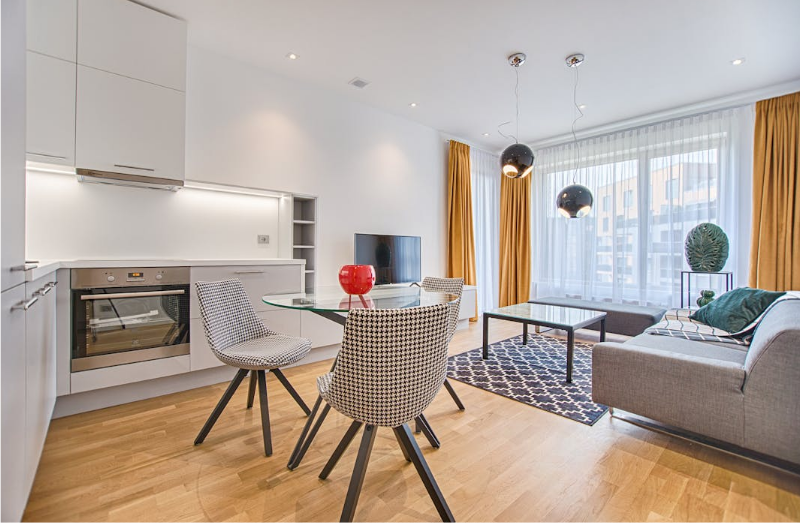Insurance Considerations for Property Owners
Income producing rental property is a great source of cash flow and helps in building generational wealth. However, owning property involves assessing several factors that impact the financial viability of the investment. One such factor is the need for appropriate insurance coverage for the property.
Listed below are the key insurance considerations that property owners should keep in mind when renting out their property:
Understand The Type Of Insurance Coverage Available
Before purchasing insurance coverage, it is important to understand the different types of insurance policies available for the property. A few important ones are:
- Property Insurance: This type of insurance covers damage to the physical property caused by events such as fire, theft, or weather-related incidents.
- Liability Insurance: Liability insurance covers the property owner's legal liability for any injury or damage caused to tenants or visitors to the property.
- Rent Loss Insurance: This insurance covers the loss of rental income due to damage to the property that makes it uninhabitable.
Determine the Appropriate Coverage Amounts
It is important to determine the appropriate coverage amount for each type of insurance policy. Property owners should consult a licensed insurance agent to determine the appropriate coverage for the property based on its value, location, and potential risks. The coverage amount should be sufficient to cover the risks and liabilities associated with renting out the property.
Understand Exclusions and Limitations in the Policy
Insurance policies typically have exclusions and limitations that property owners should be aware of. For example, most insurance policies do not cover damage caused by floods or earthquakes. Property owners should review their policies and understand the exclusions and limitations to ensure they have the appropriate coverage.
Consider Additional Coverage Options
In addition to standard insurance policies, property owners should consider additional coverage options available for the property. These may include:
- Umbrella Insurance: This type of insurance provides additional liability coverage beyond the limits of a standard liability insurance policy.
- Home Warranty: A home warranty provides coverage for repairs or replacements of important home appliances and systems.
- Flood Insurance: If your property is in a flood-prone area, consider having flood insurance that will protect your investment in case a flood damages your property.
Insurance cover for the property is an important consideration when you are renting it out. For more information on managing your rental property and protecting your investment, contact Hunter Rentals & Sales at 1503 W Stan Schlueter Loop, Killeen, TX 76549, United States, or call us at (254) 634-3311. You can also visit our website at https://www.hunterrentals.com. Our team of property managers is dedicated to providing top-notch property management services to property owners in Killeen and surrounding areas in Central Texas.







